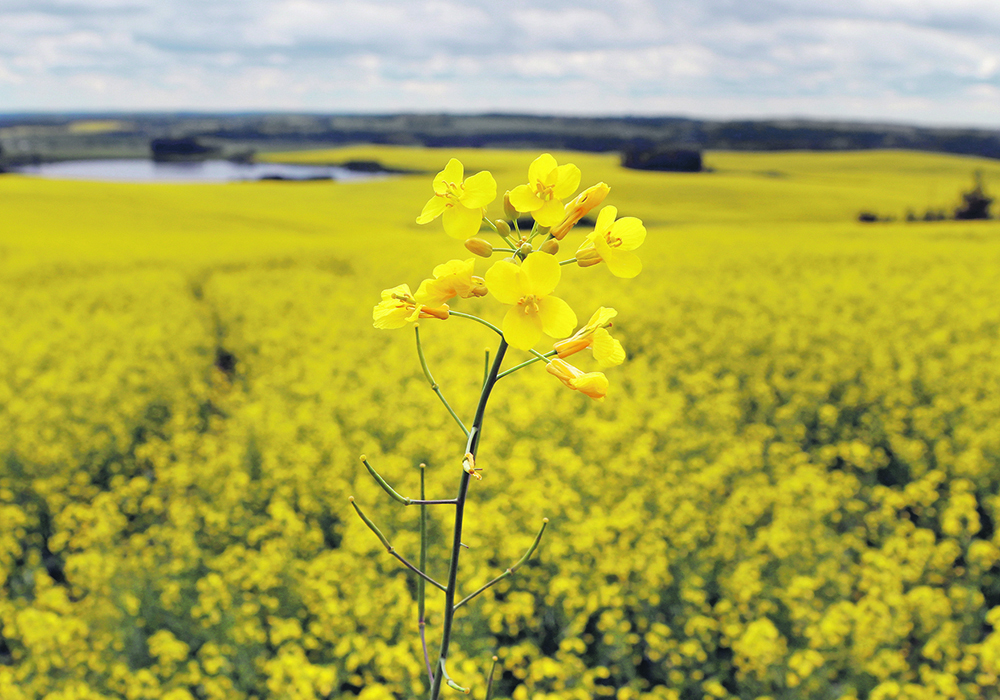I hadn’t planned to grow canola. I’ve been growing brown mustard as the oilseed in my rotation. But plans change and I’ll again be putting some canola in the ground in the traditionally dry Palliser Triangle.
Why the change? Mainly economics, but also some weed control considerations.
I’ve grown canola before, but it’s been a few years and back then it was usually specialty canola with some attractive pricing provisions. As a novice in canola marketing, it’s surprising to me that getting new crop price protection is a lot simpler with mustard than canola.
Read Also

Higher farmland taxes for investors could solve two problems
The highest education and health care land tax would be for landlords, including investment companies, with no family ties to the land.
With the brown mustard I’m growing, as with yellow and oriental mustard, new crop contracts are typically offered at 10 bushels per acre with an act of God provision. Mustard has been in short supply the past couple years and prices have been very strong.
A lot of new-crop brown mustard contracts have been signed at around 80 cents a pound or $40 a bu. A 10 bu. per acre contract gives a lot of economic certainty at that sort of price.
And if you have a crop failure, the act of God clause provides protection. Meanwhile, crop insurance kicks in. It’s a win-win proposition.
I went looking for the same sort of win-win proposition with canola, but it’s more difficult to obtain. Yes, crop insurance coverage is very good with values set at $18.83 a bu. in Saskatchewan. If your crop insurance guarantee is 30 bu. an acre or higher, that’s good protection.
But what if you grow that 30-bu. crop and the price of canola tanks? You can lock in a new-crop canola price, but there’s no act of God, so you have production risk. It’s possible to use options contracts to set a minimum price with no obligation to deliver, but this requires a significant upfront payment for the contract.
Even though canola has a long-established futures market and corresponding options contracts, it’s more difficult to achieve new-crop pricing certainty than it is with mustard, a small acreage speciality crop with no futures trading.
Little wonder that a majority of mustard acres will be grown under contract in 2023, while the vast majority of canola will go into the ground unpriced.
I looked into options contracts for canola, but with the big price decline over many weeks, it was like trying to catch a falling knife. So why am I growing canola?
While conventional wisdom says canola doesn’t do well in hot, dry conditions, it probably does about as well as a lot of crops. Unfortunately, seed costs of $75 to $85 an acre and higher fertilizer rates make it a more expensive option than lentils, cereals or mustard.
Assuming a price of $15 per bu. canola still pencils out well compared to most of my other cropping options. The downside is no certainty of $15 or more per bu. On the brown mustard I’m growing, a price is locked in for a large percentage of an average crop.
Once you grow canola on a field, mustard shouldn’t be seeded there for four or five years because canola volunteers cannot be controlled. Even a tiny amount of canola quickly downgrades a mustard sample.
I’m betting that mustard is likely to be overproduced and go from boom to bust from a pricing perspective, as it has many times in the past. If that happens, it may not again be an attractive option for several years.
Kevin Hursh is an agricultural journalist, consultant and farmer. He can be reached by e-mail at kevin@hursh.ca.
















